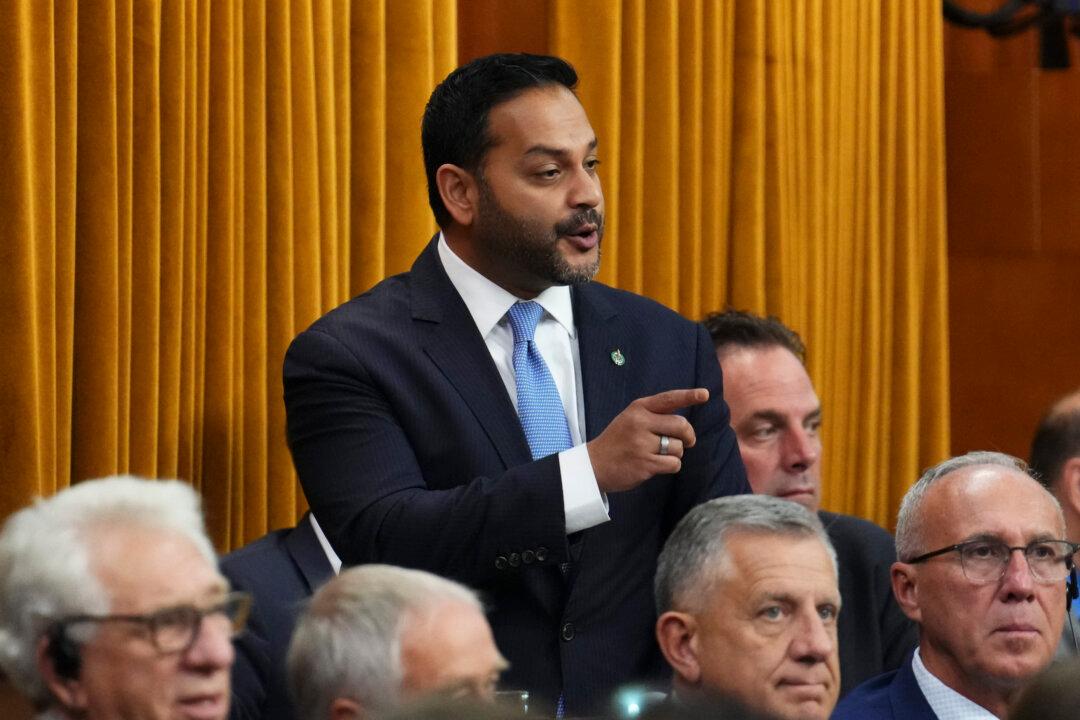Conservative MPs are calling for a national security review of a Chinese company’s plan to acquire substantial shares in Vital Metals, a Canadian rare earths mining company. This move follows a government directive a year ago to exclude three Chinese firms from the Canadian critical mineral industry.
On Dec. 8, Conservative MPs Rick Perkins, who is the shadow minister for innovation, and Shuvaloy Majumdar issued a joint statement on the platform X urging Innovation Minister François-Philippe Champagne to leverage his powers and launch a review of the proposed acquisition of Vital Metals shares by Shenghe Resources, a Chinese company partially owned by the Chinese state.





